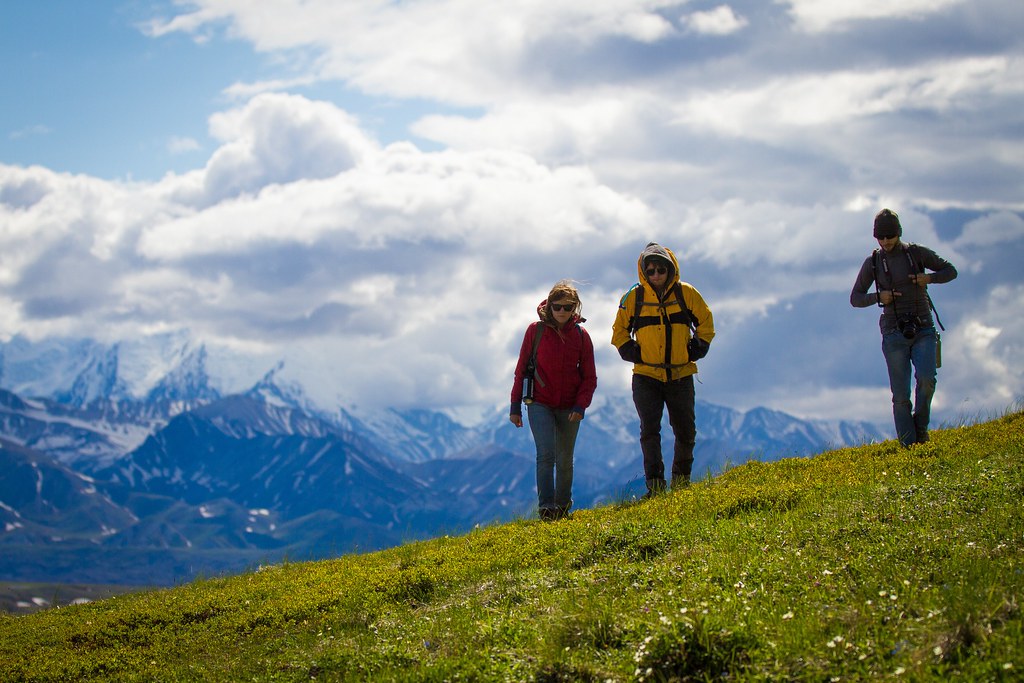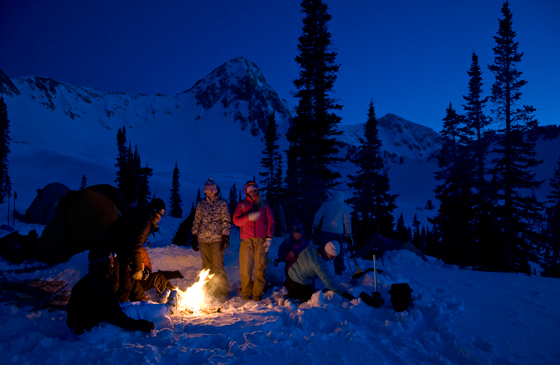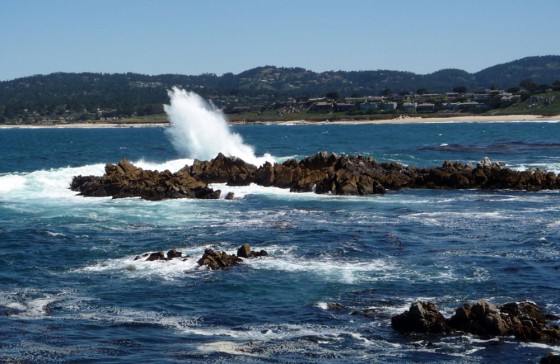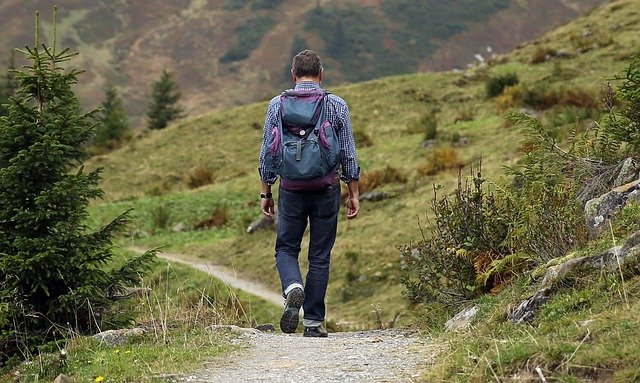As you walk down a busy street in Boston or Denver on a sweltering summer day, with your cell phone ringing, cars zooming by, and the smell of exhaust permeating the air, have you found yourself wanting to take John Muir’s advice and “climb the mountains” so your “cares will fall off like autumn leaves?”
That desire is a healthy one, based on the results of research I conducted in 2010 as a doctoral student at North Carolina State University. The study, which focused on the relationship between the restorative benefits of hiking in wilderness solitude and job satisfaction, appears to have been the first of its kind, with over 800 hikers participating in an online survey.
The result: wilderness experience helped participants cope with the pressures of modern life – though it did not make them any happier about being stuck at a desk. More than 79% of the United States population now lives and works in urban settings. Technology has made it easier to access information and stay connected, but at a price: We are bombarded with higher quantities and faster rates of information than we can process.
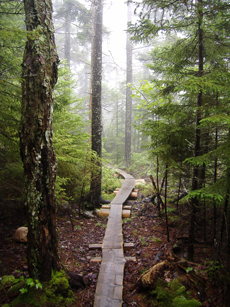
Hiking trail in Acadia National Park, Maine. Photo courtesy Mark Ellison.Urbanization has caused many to become disconnected from the thing that can best help in recovery from this lifestyle, nature. Hiking in the lush Hoh Rain Forest, in Olympic National Park, or venturing on the panoramic section of the Appalachian Trail to Tuckerman’s Ravine, in New Hampshire, offers psychological health benefits that simply cannot be experienced in any city.
Attention fatigue is one of the primary symptoms of the onslaught of information and distractions.
William James described voluntary (or directed) attention as attention that is active, requiring effort, which can become fatigued when over used. This can lead us to grow irritable, more easily distracted, and have an impaired capacity to make and follow plans.
Involuntary attention, in contrast, is passive, reflexive and requires no effort. One of the primary benefits of wilderness and backcountry settings is the opportunity to control the information needed to be processed, allowing involuntary attention to be utilized. Environments encouraging involuntary attention offer soft fascination (things that capture attention but allow the capacity for reflection).
Natural environments such as water flowing over rocks, bird songs or leaves rustling in the wind, dramatic mountain vistas or a breathtaking sunset encourage soft fascination. These environments are psychologically relaxing, allowing the cognitive freedom to think and reflect.
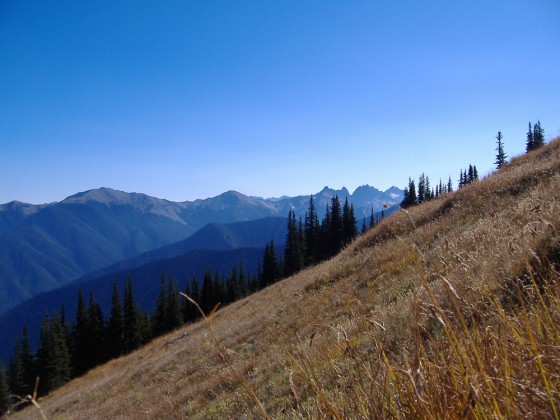
One of the many stress-melting views found in Olympic National Park, Washington. Photo courtesy Mark Ellison.
I asked hikers to complete the survey at home by reflecting on their prior hiking experiences. The results indicated that hiking had a negative relationship to job satisfaction for participants. In fact, as ratings for the restorative benefits of hiking increased, job satisfaction decreased.
This may indicate that hiking was used as an escape from work, and that individuals with low job satisfaction hiked more to cope with a job they did not enjoy.
Although their outdoor experiences didn’t turn participants into gleeful desk jockeys, the restorative benefits of hiking did provide an escape from the fatigue and stress of work. Hiking also provided participants an opportunity to better understand their work life, and feel a sense of control over their work life.
Participants indicated that hiking in wilderness served a number of functions including: experiencing personal autonomy; the opportunity to explore and think through work matters; releasing psychological stress; and thinking through and recovering from work experiences.
While hiking did not have a positive correlation to job satisfaction, it did offer valuable psychological benefits for participants in this study, which helped in managing job stress.
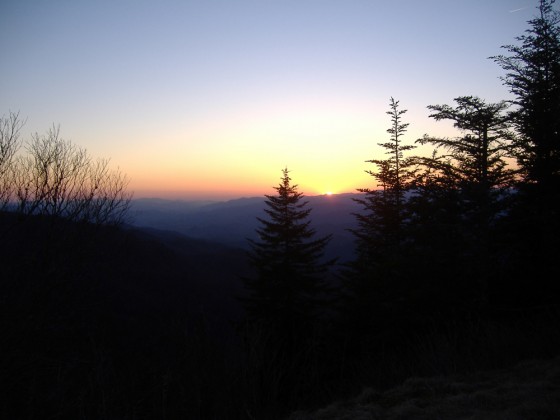
Who wouldn’t be bummed to go back to work and leave behind the gentle hues of the Blue Ridge Mountains of North Carolina? Photo courtesy Mark Ellison.
Roderick Nash described wilderness as a state of mind. If hiking in wilderness and backcountry can help you think through and recover from work, feel restored, and better able to cope with a job, it may also help to improve your state of mind.
The next time you feel stressed out by your job, and unable to think clearly, the cure may be to grab your boots and backpack, and hit the nearest trail.
This page is an archive. To learn more about archive pages click here
The responses below are not provided, commissioned, reviewed, approved, or otherwise endorsed by any financial entity or advertiser. It is not the advertiser’s responsibility to ensure all posts and/or questions are answered.
